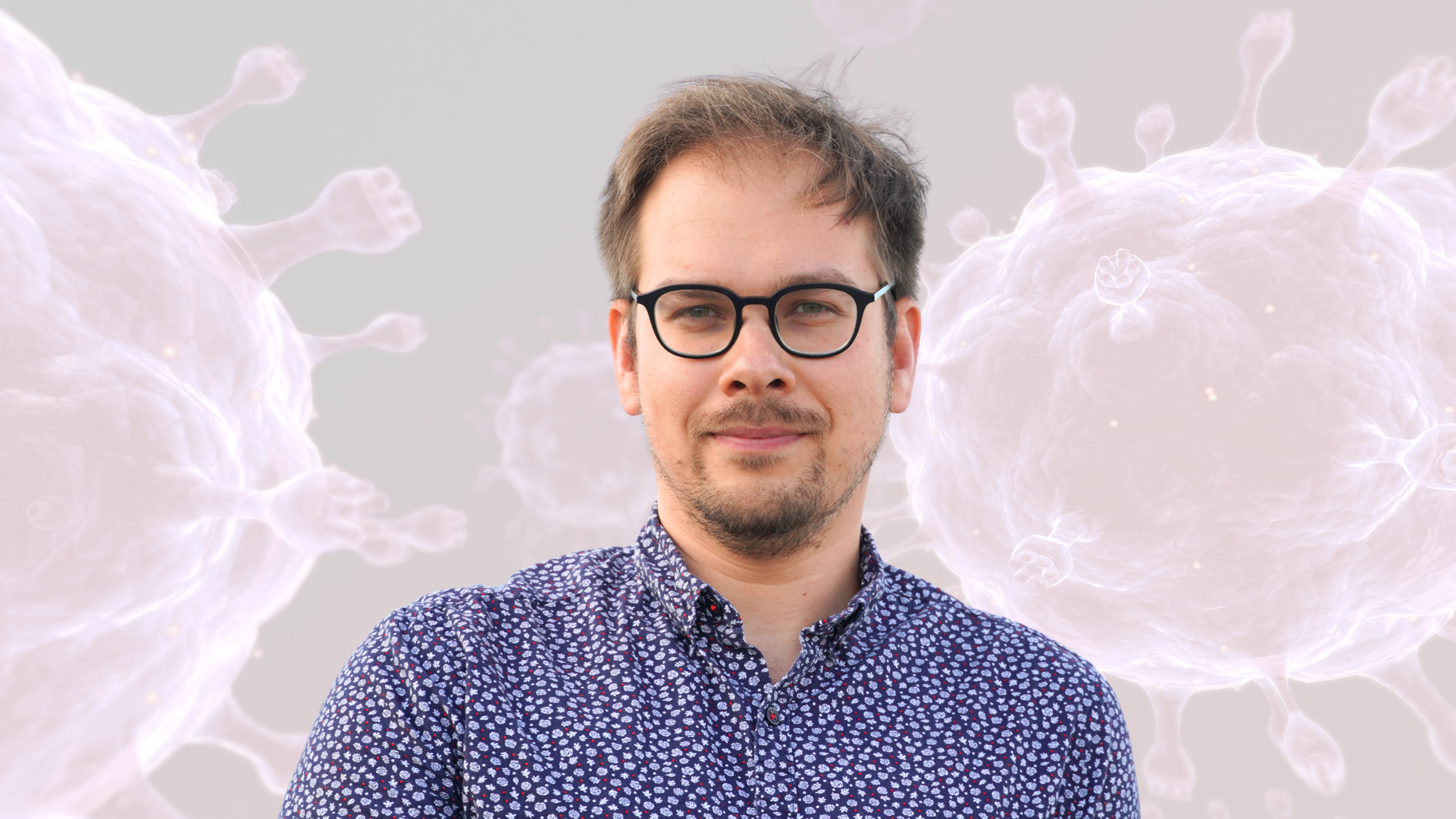
2025
The title of my project is "High-Throughput Microfluidic Screening of HIV-Host Protein Interactions for Structural Characterization." This project develops a scalable, microfluidics-based platform to rapidly evaluate the biochemical stability of HIV-host protein-protein interactions (PPIs). The goal is to prioritize stable, tractable complexes for structural studies using cryo-EM and crystallography, accelerating our understanding of HIV pathogenesis at the molecular level.
This project directly supports the Center’s mission to elucidate the molecular underpinnings of HIV-host interactions by bridging interactome data with downstream structural and functional insights. By developing a technology to efficiently validate and triage PPIs, the project enables a more rapid and systematic approach to structural virology and therapeutic discovery within the HARC framework.
We aim to establish a high-throughput, chip-based screening workflow that streamlines the evaluation of HIV-host PPIs. This will allow prioritization of stable complexes for structural analysis, resulting in atomic-level models that can inform the design of novel therapeutic strategies targeting HIV-host interactions.
I’m inspired by the opportunity to integrate cutting-edge technologies—digital microfluidics, cell-free expression, and structural biology—to solve a fundamental bottleneck in HIV research. It’s exciting to build tools that not only accelerate discovery but also broaden our ability to understand complex molecular interactions in infection.
Understanding HIV-host protein complexes is essential for identifying new points of vulnerability in the viral lifecycle. As the virus continues to evolve, expanding our molecular knowledge base enables the development of next-generation therapeutics that go beyond conventional antiretrovirals—targeting host-pathogen interactions with precision and resilience against resistance.